Yale achieve SBD Secure Connected Device accreditation
Yale have become one of the first companies to achieve the Secured by Design (SBD) Secure Connected Device accreditation, with their Conexis L1 Smart Lock achieving the required standard for both its physical and cyber security attributes.
With home security at the forefront of its design, the Conexis L1 Smart Lock has achieved the SBD Secure Connected Device accreditation, guaranteeing it has achieved the highest level of security for internet-connected products as well as meeting traditional physical security standards, providing users with a label of trust. To achieve this, Yale’s smart alarm systems underwent rigorous testing to ensure they function and communicate as they should, and that the appropriate security controls are in place.

Yale’s Conexis L1 Smart Lock is designed to put the user in control of their home security, giving them complete peace of mind that their home is secure. Unlike a traditional lock, the Conexis L1 Smart Lock allows the user to check-in from anywhere in the world and receive real-time notifications in the event the door is unlocked unexpectedly. Tailored to suit individual needs, access to a property can be gained through a variety of ways - via a key tag, key card, phone tag or a smartphone when using the Yale App.
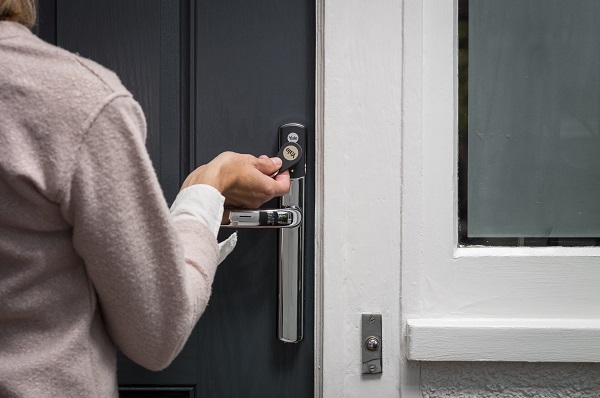
Users can send virtual keys so that friends and family members can gain access to a home, even when the user is not around. Once they have gained access, users can manage who can enter the property by disabling or deleting users through the Conexis L1 App. Virtual keys can be scheduled or made permanent for ultimate control of a home.
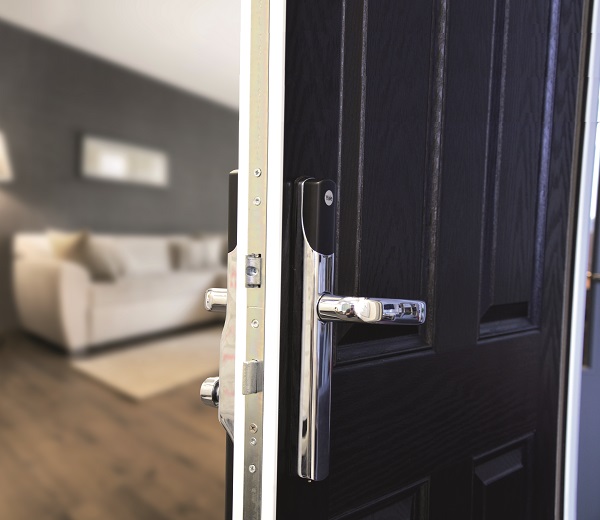
The Conexis L1 smart door lock uses encrypted Bluetooth technology and features a tamper alarm, so will sound an alarm when someone tries to gain access, offering an additional deterrent. Intelligently connected, the Conexis L1 digital door lock also works with leading voice assistants Google Assistant and Amazon Alexa.
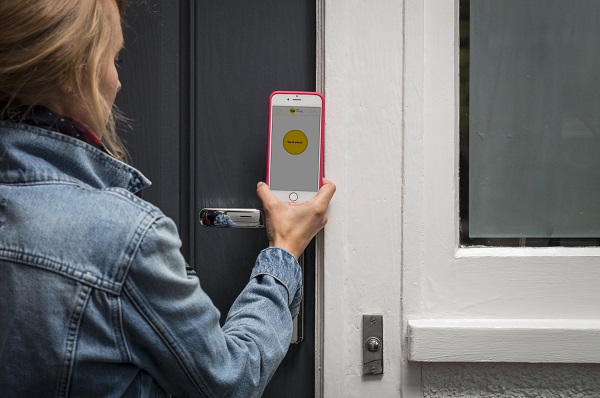
Michelle Kradolfer, SBD’s IoT Technical Officer, said: “There has been an exponential rise in IoT and smart devices being used within the average UK household, but most are not produced without giving security much thought and leaving consumers vulnerable to cyber attacks. Therefore, companies with IoT products need to ensure they are developed as secure as possible and tested against the appropriate standards and certifications.
“I am so delighted that Yale have become one of the first companies to achieve the Secure Connected Device accreditation and clearly demonstrating that the Conexis L1 smart door lock has achieved the appropriate IoT standards and certifications, building confidence and trust in their product. We hope other companies will take note of this achievement and follow in Yale’s footsteps in developing IoT products safely for the UK market”.
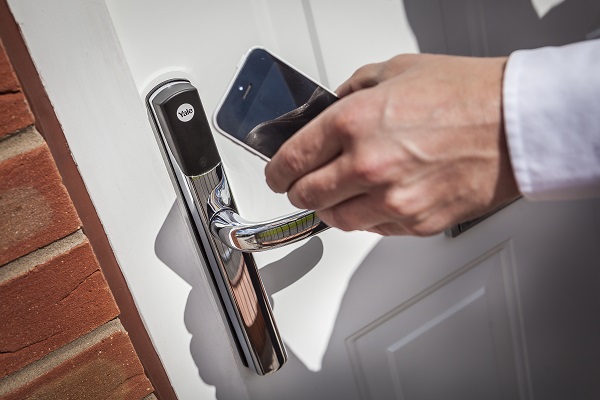
Kevin Spencer, Head of Product Management at Yale UK said: “With more homes starting to invest in smart home technology and creating smart ecosystems, it’s essential our smart security products not only provide convenience but also the highest level of security for our customers.
“We’re delighted the Yale Conexis L1 Smart Lock is one of the first products to achieve the Secured by Design ‘Secure Connected Device’ accreditation. At Yale it’s extremely important to us to provide consumers with security products which meet standards set through a reputable, trusted independent initiative, such as Secured by Design.”
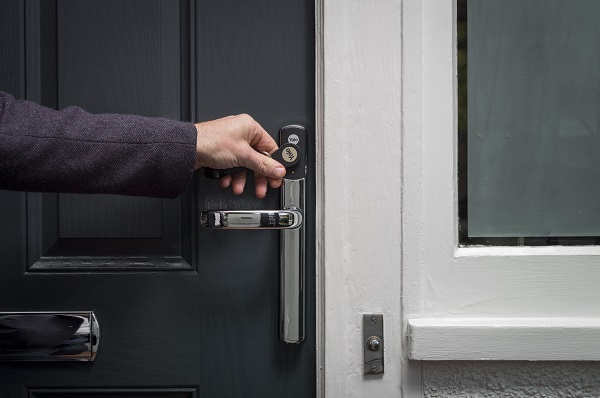
SBD operates an accreditation scheme on behalf of the UK Police Service for products or services that have met recognised security standards. These products or services – which must be capable of deterring or preventing crime - are known as being of a ‘Police Preferred Specification’.
There are many hundreds of companies who produce thousands of individual attack resistant crime prevention products, in more than 30 different categories, which have met the exacting standards of the Police Preferred Specification. This includes doors, windows, external storage, bicycle and motorcycle security, locks and hardware, asset marking, alarms, CCTV, safes, perimeter security products and many others.
This year SBD has launched a Secure Connected Device accreditation for companies providing Internet of Things (IoT) connected products. With the increase in IoT products available and a growing ecosystem of interconnected devices, cyber criminals are targeting and exploiting vulnerabilities of both products and apps, as most are mass-produced without security being a major consideration. Without the appropriate levels of security, any internet connected device or app is at risk of providing cyber criminals with the ‘key’ in accessing and stealing personal data.
Working closely with certifying bodies, who assess IoT products and services against the ETSI EN 303 645, SBD’s IoT Device assessment framework identifies the level of risk associated with an IoT device and its ecosystem, providing recommendations on the appropriate certification routes.
Once third party testing and independent certification for a product has been achieved, the company can apply to become SBD members, with the product receiving the SBD Secure Connected Device accreditation, a unique and recognisable accreditation that will highlight products as having achieved the relevant IoT standards and certifications.
SBD’s is the only way for companies to obtain police recognition for security-related products in the UK.